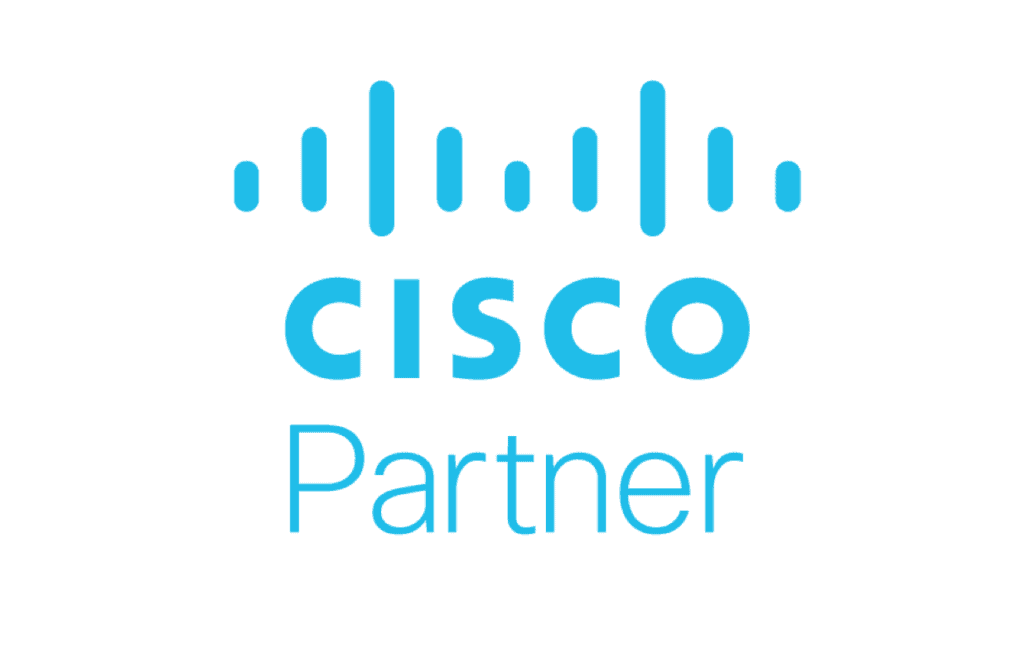The golden rule says “if it works – don’t touch it” but this is different. The reality is that the world is changing – people are working from home, new applications are now part of Unified Communications, and there are better alternatives (namely on the cloud) that increase efficiency and cut IT costs for the enterprise.
While the term ‘migration’ tends to be rather stress-inducing in and of itself, migrating Cisco Call Manager to the cloud doesn’t have to be, and many enterprises today are already enjoying the reduced IT costs associated with such a move. Here are 5 reasons why migrating Cisco Call Manager to the cloud is way easier than you thought.
Reason #1 – Painfree migration
Migrating Cisco Call Manager (CUCM) can take months and sometimes years, and can leave plenty of room for error. With TUKI’s automated UC management solution, however, the move is completely painless.
How exactly?
Where many UC management solutions have their own databases to maintain and then periodically sync with the CUCM on prem, TUKI has no database and all changes sync immediately with the CUCM. This means that enterprises don’t need to move their entire call manager database to the cloud, but can actually leave most of it as is, and move only the necessary portions, enabling organizations to continue working on-prem, while simultaneously proceeding with migrating their UC to the cloud, seamlessly, with zero downtime. Some would say it’s not even a real migration as teams can start working on the cloud immediately.
Reason #2 – Hybrid
TUKI automated UC management solution is a hybrid solution that enables enterprises to be simultaneously connected both to the cloud and to their PBX switchboard. This means that they are able to very comfortably move between the two, and enjoy the benefits of being on the cloud in real time from day 1. That means there’s no downtime, no risks, and it’s super simple for anyone on the team to use.
Reason #3 – Agility
It’s not news that COVID-19 completely transformed the workplace as we knew it. Over one year into the pandemic it is clear that while some folks may return to the traditional office setting, there are many people who will continue working from home, quite possibly for the long haul. But what’s important to note is that these ‘work from homers’ could very well include the company IT team whose job by nature demands they be able to quickly and easily access the company’s unified communications system like Cisco Call Manager. These guys need to be able to make changes and troubleshoot on the fly in order to ensure company communications run smoothly.
Working with a cloud based UC management solution ensures that the IT team will be able to continue managing and maintaining the system whether they are working from the office or any other location. Automated and intuitive UC management solutions make it possible to conduct something as complex as a call manager system version update from anywhere, and with zero downtime.
Reason #4 – Simplicity
Cisco Call Manager is known for its complexity, and IT engineers must go through advanced training to carry out every-day simple activities on the system. The advantage of using an automated UC management solution on the cloud is the simple and intuitive interface to CIsco Call Manager, that ensures performing the same every-day activities without the need for special training or years of experience. That means anyone on the team can make changes or fixes to the system without any major planning or resources, which frees up the more technical team members for other tasks as well.
Reason #5 – Security
One of the major issues that IT teams raise in regard to moving their UC systems to the cloud is that of security around moving the database from the enterprise’s on-prem servers onto the cloud. When moving to a cloud environment the last thing you want is for your sensitive data to be unprotected, and traditional UC management solutions that manage their own separate databases on the cloud can leave data at risk. Think about it – the sync between the UC management solution database and the CUCM can take a really long time, and if something goes wrong you end up with database inconsistency. Since TUKI leaves most of the PBX data in the CUCM and doesn’t duplicate the data, there is no security risk and the company is able to better comply with information privacy standards like GDPR.
Yes, it really is easy to move CUCM to the cloud
So there you have it. Moving Cisco Call Manager to the cloud simply isn’t as difficult as you thought, and more and more enterprises are making the move. The frequent changes required within enterprise UC environments, the high security requirements, the need to make unified communications more accessible and cost efficient, and the need to maintain minimal downtime are just some of the reasons enterprises across the globe are shifting their UC systems from on-prem to the cloud. Organizations hesitating now will undoubtedly soon realize the major benefits and cost reductions associated with cloud based UC management, and automated UC management solutions like TUKI make the process super easy and painfree.










